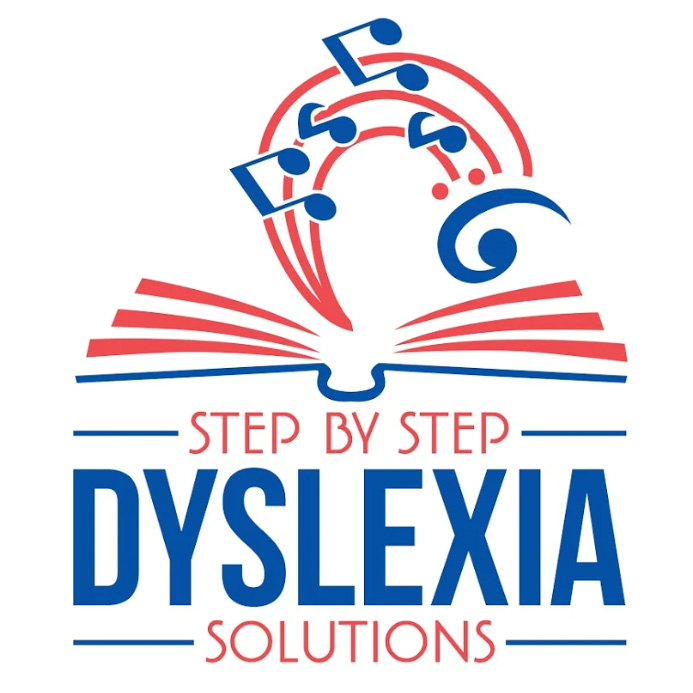Who Diagnoses Dyslexia?
Dyslexia affects many students every year, yet often goes undiagnosed for years if parents are not paying attention to the signs. For many, dyslexia can go untreated well-into their adulthood, which can seriously impair comprehension and writing skills. Dyslexia is associated with language-based problems, rather than intelligence or cognitive skills. Also referred to as a reading disability, several signs indicate that your child may be experiencing difficulties. Many parents opt to reach out to professionals to diagnose their children. While this entire process can be difficult to navigate at first, diagnosing your children is the first step to getting them the help and support they need so that they can cope with their reading disability. Ultimately, it is important to always bear in mind that there are options and solutions available that will help your children cope with their difficulties while also nurturing their strengths.
Dyslexia Testing for a Child
The severity of dyslexia varies between individuals. Tell-tale signs can be difficult to spot for children that have yet to begin school. The key symptoms are related to decoding words and struggling with reading and spelling. Some other signs that point to your child having dyslexia include late talking, difficulty forming words correctly, and/or problems with recalling letters, numbers, or colors. If your child is already in school, teachers generally have a good eye for struggling readers but not necessarily for spotting dyslexia. The number of trained teachers is few.

Staying on top of your children’s progress in school is crucial to getting any indication of potential difficulties. If your child is having problems with reading at their expected level or struggling to process and understand tasks that involve reading or writing, this can also point to a reading disability. This is by no means an exhaustive list, and your child can be exhibiting other symptoms that are not featured here that still put them at risk of dyslexia. As a parent, spotting these signs is half of the battle. The other half is tackling formal assessments.
If your child has exhibited any signs of dyslexia, the next step is to conduct a detailed psycho-educational assessment to identify the main causes for the reading and/or writing difficulties they are facing, as well as start the process of developing a plan that will better suit their needs. Assessments can be conducted by psychologists provided by school boards or through private psychologists. School evaluations are typically free, whereas private evaluations can be very expensive. However, there are options to lower the cost or even get them for free. For example, a screening from Dr. Cintron is very affordable and will provide you with much information.
Local universities that are training students will charge a smaller fee for an evaluation. Teaching hospitals may also have a similar program in place. Learning Disabilities Association of America (LDA) is an organization that helps people find low-cost options for evaluations. There are several options out there, so the best way to go about it is by doing a little bit of research.
Whatever route you choose to go with, there is no one catch-all test to identify dyslexia. Throughout a few sessions, the psychologist will administer many tests to analyze speech and language and may even work with pathologists and physicians to garner a better understanding of the individual.
If you want to request a free school evaluation for your child, the process can be quite daunting at first. But to begin, you will need to write a formal letter that reflects why you are requesting the evaluation. Remember to reflect on the observations and concerns of your child. Consent to your child being evaluated and send your letter to the appropriate office. the best way to go about finding out where to send your letter is by asking your child’s teacher or referring to the school district.

It is important to note that there are various terms used to describe reading disabilities. You may hear terms like “decoding disability” and “specific learning disability” being used. But generally speaking, these terms are equivalent to reading disability. Your evaluation will look for other potential disorders that are often associated with learning disabilities, such as attention deficit disorder. Hyperactivity, mood disorders, and sensory impairments are some of the other reasons that can contribute to dyslexia that your psychologist will be looking out for.
Evaluations can differ between every country, but generally speaking, assessments will include tests of listening, speaking, and psychological processing skills; educational tests to determine the level your child is at in terms of reading, spelling, writing, and math; assessments for other behavioral issues; a measure of intellectual functioning; and a case history that will include remediation efforts. All of these factors come together to form a comprehensive and thorough evaluation of your child to determine their learning problems.
If your child has been diagnosed with dyslexia, the next step is to find the right support for your child’s learning needs, whether it is through intervention in their education plan, or perhaps finding a tutor. Dr. Cintron developed a reading program with dyslexic students in mind called Step By Step Reading. She has trained tutors on hand to help you with your child.
Educational testing will provide the required documentation that will aid the process of creating specially designed accommodations for your child that will be applied throughout their schooling and even working years. Having formal documentation will help teachers find the best approaches and strategies for an individual so that they can improve their reading skills. For a parent navigating through their child’s dyslexia, it is always important to remember that dyslexia is by no means a reflection of intelligence. There are countless stories and testimonies from people who are thriving and have exceeded in life with their talents, despite having dyslexia. The crucial thing for parents to bear in mind is that dyslexia should never be seen as a problem of low intelligence. Instead, it should be treated as a learning difference, with plenty of solutions available to set your child up for success. Have you ever tried music to help your child focus?
Dyslexia Testing in Adults
When it comes to dyslexia testing, a common misconception is that it is a childhood disorder. Many adults have worked through their issues with dyslexia but can still want to be diagnosed. Dyslexia certainly not limited to a certain age group. This learning disability often manifests with other conditions like attention deficit disorder (ADD or ADHD), and if left untreated, can lead to a lifetime of difficulty in academic and professional settings. Comprehension difficulties can worsen if left untreated and can become increasingly debilitating as your child grows and goes through the various stages of schooling that will become more demanding. A psychologist, diagnostic specialist, or learning disability specialist can provide the tools needed to begin identifying the root causes for some of the reading and comprehension issues an individual might be facing.
How to Get Dyslexia Testing and Dyslexia Testing Online
The good news is that if you suspect you or your child might have dyslexia, contact Dr. Cintron today. Also, there are several reliable online screeners, questionnaires, and assessments available that compare your symptoms with that of dyslexia. These tests are free, and while they are not as comprehensive as getting formally assessed, they are a great strategy to identify some of the symptoms your child may be exhibiting. These are an accessible and convenient option for those who are looking to begin their process of a formal diagnosis.
Because dyslexia affects people in so many different ways, there is never going to be a standard solution that will suit every single individual and their personal needs. Symptoms can wildly differ between every single person. For many people, dyslexia can go unnoticed until they are teens or even adults. The most important thing is to be sure your child’s teacher is trained to understand dyslexia and uses a structured literacy program. In terms of finding the right accommodations, some of the most common ones in the classroom involve extended time for test-taking, using audio or visual support, or using reading buddies. Some students thrive on vis There are several strategies used every day to help students who have trouble reading and writing. Classroom accommodations can be simple but can make the biggest difference in a child’s learning environment and thus provide them with the support that they need to succeed.


